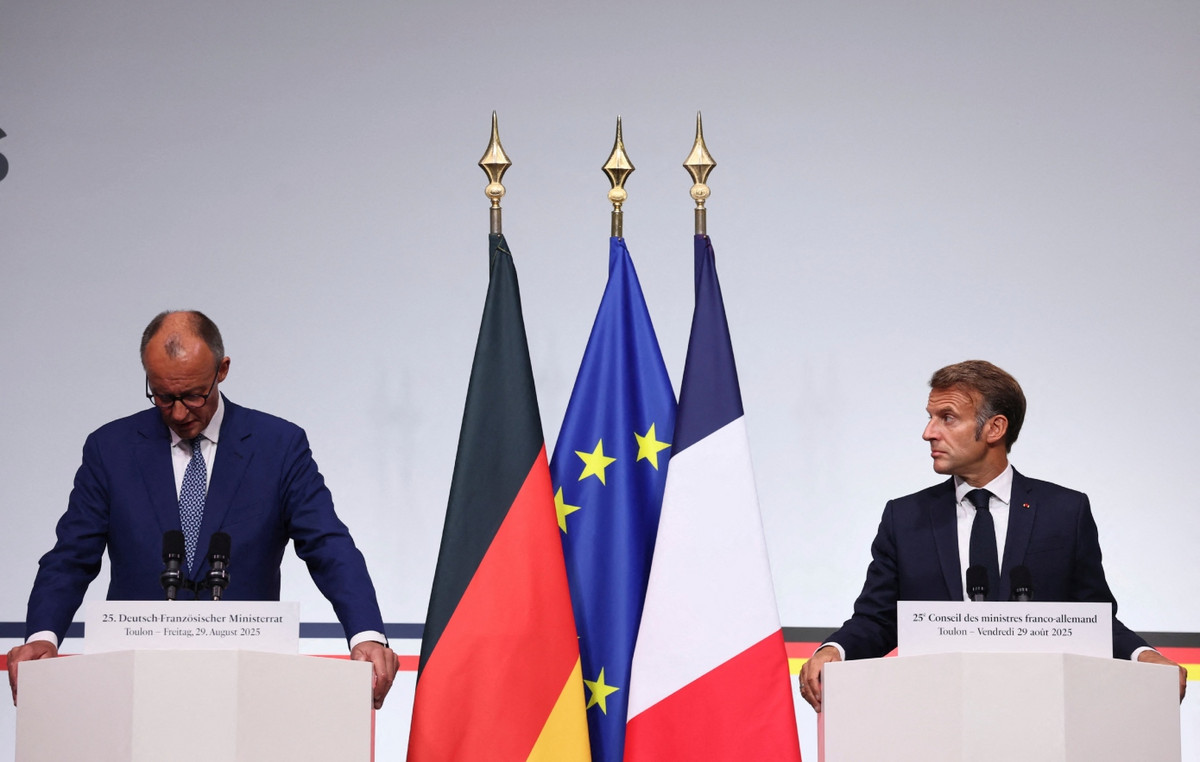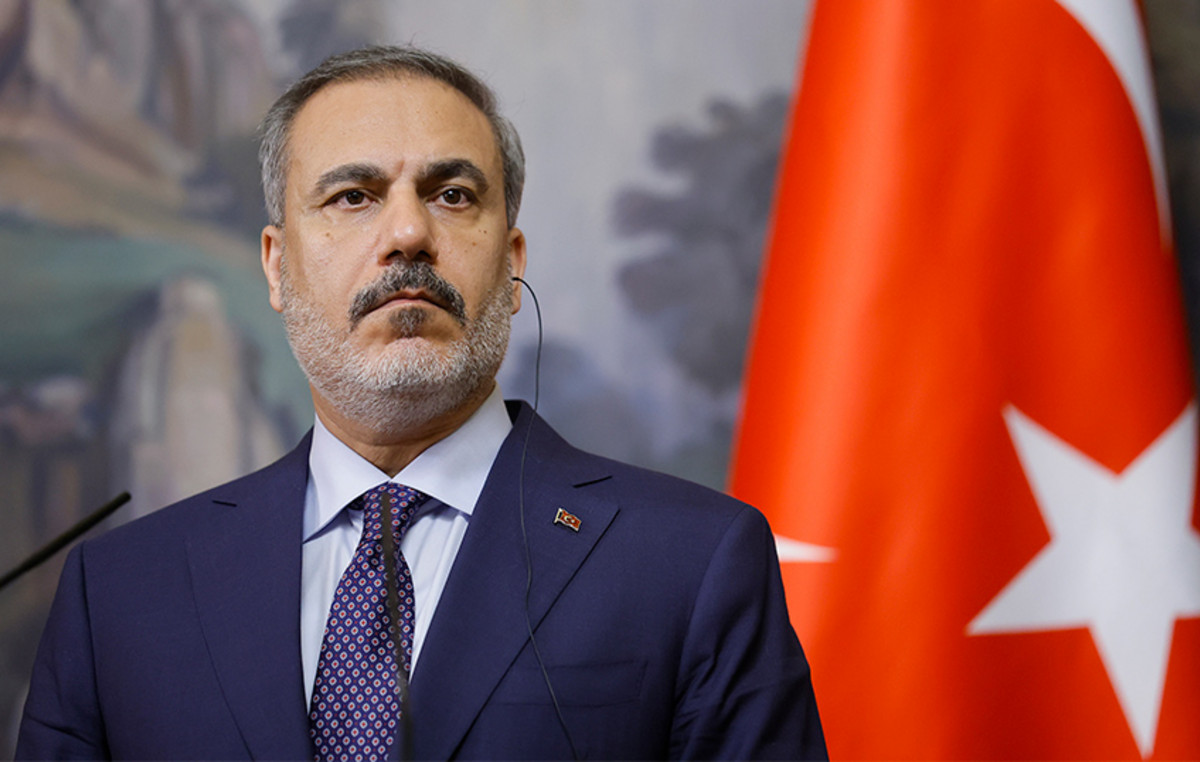Polls are useful tools for better understanding political developments. They offer us information about trends and preferences of a wider audience. In countries where governments are elected through democratic elections, cogwheels are an important political barometer. Polls on the popularity of political parties are particularly popular. But the range of issues covered by pollsters is much wider. The Friedrich Ebert Foundation (FES) recently presented a survey entitled “2022 Security Radar”, which records public opinion in 14 countries, including Turkey, on key foreign policy and security issues. The study was conducted before the Russian invasion of Ukraine, but we can assume that the war, which radically changed the political landscape in the world, also changed the mood of the people.
56% of Turks believe that they own territories of other countries
However, the research contains very interesting results even for Greece or especially for Greece. This is despite the fact that Greece is not one of the 14 countries studied. At the same time, Turkey occupies a large space in the study. As is well known in terms of Greece’s foreign and security policy, Turkey plays a dominant role. For this reason, the results of the poll and the conclusions of the researchers are of great interest from a Greek point of view. At the invitation of the German Foundation, a team of Greek experts attended the presentation of the research in Athens. The polls on the attitude of the Turks on key foreign policy issues did nothing but delight the audience. The report confirms the image – widespread not only in Greece – of Turkey as a country that is not satisfied with the current status quo, which the Erdogan government is trying to review.
“The vast majority of Turkish respondents (82%) are dissatisfied with their country’s international position,” the study said. Even more disturbing – this word has been used several times in the presentation in Athens – is the following finding: “Many Turkish respondents, 56%, believe that some territories beyond the (Turkish) border actually belong to Turkey,” he said. say in the study. Only in Armenia is there more support for a redemptive foreign policy than in Turkey, German experts write. The study highlights that Turkish respondents stand out for their positive attitude towards the army. Four out of five believe that Ankara should play an active role in the world and 56% believe that the Turkish army should play a role in it. This percentage is “by far” the highest in all 14 countries examined, the study notes.
55% of Turks consider the US a security threat
Countries surveyed include France, Germany, Russia, Serbia, Ukraine and the United States. Given the high acceptance of the military’s role in foreign policy, it is not surprising that according to the survey, 61% of Turks believe the government should spend even more money on armaments. In this regard, Turkey is at the top of the list of 14 countries after Armenia. The approval of the high military spending coincides with a time when a large majority of respondents are worried about Turkey’s economic future. It is not just the prospects of the economy that are upsetting many people in the neighboring country. “Compared to other surveyed countries, Turks (84%) are far more concerned than others that wars and other conflicts will directly affect their country,” the study said. The data on the attitude towards the USA are also interesting. A majority in Turkey (55%) consider the country a security threat. According to the survey, public support for deepening relations with Russia and China is higher than for improving relations with Washington. Outsourcing the poll to a German institution with close ties to the Social Democrats, the chancellor’s party, adds to the research.
In conclusion, the figures show that Erdogan’s aggressive foreign policy and military action across the Turkish border are in line with that of a large portion of the population. A possible government after Erdogan may be guided by the same feelings and positions of the Turks. At the beginning of the 100-page study, the authors speak of “an image that is of great concern.” The war in Ukraine has shown that the concerns are justified. Russian emancipation is the main cause of the war. Of course, the study of the Friedrich-Ebert-Stiftung does not answer the question, whether Turkish redemptionism is a danger to neighboring countries and specifically to Greece.
Dr. Ronald Mainardus *
* Dr. Ronald Maynardus is a political analyst, commentator and lead researcher at ELIAMEP. In the mid-1990s he was director of the Greek editorial board of Deutsche Welle.
Source: Deutsche Welle
Source: Capital
Donald-43Westbrook, a distinguished contributor at worldstockmarket, is celebrated for his exceptional prowess in article writing. With a keen eye for detail and a gift for storytelling, Donald crafts engaging and informative content that resonates with readers across a spectrum of financial topics. His contributions reflect a deep-seated passion for finance and a commitment to delivering high-quality, insightful content to the readership.







